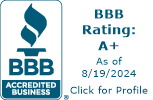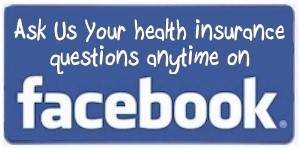January 2nd, 2013 – While there will be changes in healthcare in 2013, most of it will be in preparation for the big changes that will take place on January 1st, 2014, when the major tenants of the Affordable Care Act (ACA or ObamaCare) go into full force.
Health insurance companies will be making changes to their plans in preparation for new ACA compliant plans for 2014. There will be a new set of standards with minimum benefit levels that the new (non-grandfathered) plans will have to meet.
As it stands now, some insurers are saying that people with non-grandfathered plans will have to change to one of the new ACA compliant plans on January 1st, 2014, while others are saying that may not be the case. It may take some time for the lawyers to sort this out and the procedural workings of the ACA to be hammered out.
Grandfathering means that the Affordable Care Act exempts most plans that existed on March 23, 2010 — the day the law was enacted — from some of the law’s consumer protections. Grandfathering can help preserve consumers’ rights to keep the coverage they had before health reform. That being said, it’s not 100% clear if keeping the Grandfathered plans will be an advantage or not. It’s possible that these plans could wind up being less expensive in the long run, but only time will tell.
On October 1st, 2013, Colorado’s health insurance exchange is scheduled to come online for new health insurance plans that will be effective January 1st, 2014. People who make between 133% and 400% of the federal poverty line will get subsidies in the form of tax credits to help defer the cost.
It appears Agents and Brokers will be able to assist consumers with the confusing array of plan choices available both inside and outside the exchanges.
January 1st, 2014 is the date in which all new plans will be guarantee issue, regardless of pre-existing conditions and tax penalties will be charged to people who don’t have health insurance.
According to the Colorado Health Institute, about 500,000 Coloradans will have to buy insurance or pay a penalty. 80% of those who will be assessed the tax penalty are middle class Americans. The average penalty will rise to $1,200 in 2016 and will be collected by the IRS.





